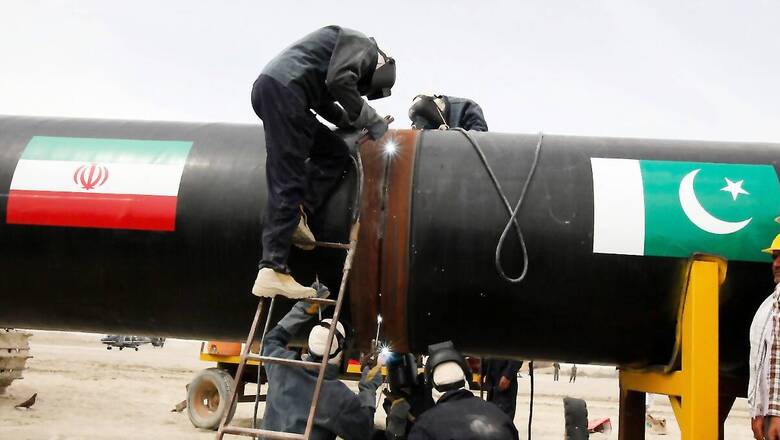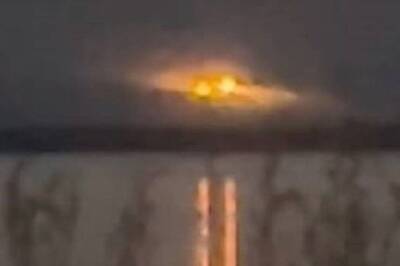
views
The US said it does not support the Pakistan-Iran gas pipeline project. The US state department spokesperson Matthew Miller said that Washington does not approve of the project on Wednesday.
“We do not support this pipeline going forward. We always advise everyone that doing business with Iran runs the risk of touching upon and coming in contact with our sanctions, and would advise everyone to consider that very carefully,” Miller said, warning the Pakistani government of potential sanctions for doing business with Tehran.
Pakistan petroleum minister Musadik Malik said Pakistan will approach the US to seek a waiver on the gas pipeline project earlier. “Pakistan will vigorously present its case and will try to seek exemption from US sanctions by presenting technical and political arguments,” Musadik Malik was quoted as saying by news agency The News.
He also said construction on the gas pipeline project will begin soon.
Pakistan is caught in a tough spot after Iran issued a third notice to Pakistan in January where it said it intends to go to arbitration court for not laying the pipeline as part of the Iran-Pakistan gas line project.
Iran has threatened Pakistan with a fine of $18 billion for breach of contract in the international arbitration court.
The project has been facing delays since 2014 after being announced in 2009. The target deadline was 2015.
Pakistan says that it could not complete the project in its territory because of the US sanctions imposed on Iran but Tehran has not subscribed to the view.
Iran has also completed the laying of a 900-kilometre pipeline.
The Pakistan-Iran gas pipeline, known as the Peace Pipeline, is a long-term project between Tehran and Islamabad. The pipeline would transport natural gas from Iran to neighbouring Pakistan, Reuters said in a report.
Iran and Pakistan had signed a five-year trade plan in August 2023 and set a bilateral trade target at $5 billion.
Pakistan is also suffering from an economic crisis and is on its way to seeking a 24th bailout from the International Monetary Fund.




















Comments
0 comment